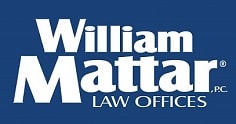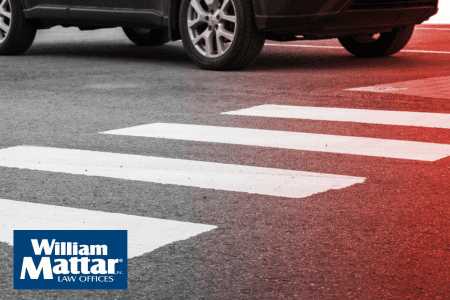

(844) - 444-4444

Autonomous vehicles will transform the look of our roadways in more ways than one.
A report from the US Department of Transportation explored whether self-driving cars would comply with existing vehicle manufacturing standards. The standards— the Federal Motor Vehicle Safety Standards —encompassed 73 separate standards that generally focused on issues of crash avoidance, crashworthiness and post-crash survivability.
The report revealed “a few barriers . . . to the certification of an automated vehicle that conforms to conventional vehicle design practices.”
Among other issues, the report found that current regulations did not “explicitly address automated vehicle technology and often assume[s] the presence of a human driver.” In other words, self-driving vehicles introduce new elements that are foreign to the current regulatory scheme, likely forcing the federal government to re-write the book.
An interesting wrinkle, according to the report, is that “there are few barriers for automated vehicles to comply with [current standards], as long as the vehicle does not significantly diverge from a conventional vehicle design. “
Thus, while self-driving cars with conventional-looking elements fit nicely within the current regulations, the more experimental designs posed issues.
There was an exception to this general rule: Two standards, theft protection and rollaway prevention, as well as light vehicle brake systems were “identified as having potential issues for automated vehicles with conventional designs.”
The takeaway from all of this is that the federal government will likely be making big changes to the regulations that govern our vehicle’s safety features.
As set forward in a recent article in The Verge
With these limitations in mind, the feds are charging ahead with their plan to bring the government’s rulebook up to speed. Transportation Secretary Anthony Foxx announced at the Detroit Auto Show in January that his agency would release operational guidance for manufacturers, as well as a model policy for the states to better regulate automated and connected cars. Both of those proposals are slated to be released later this year. He also promised to spend $4 billion over 10 years to help incentivize and test automated vehicle technology.
Next week, the US Senate is planning to hold a hearing on driverless cars, featuring testimony from Google, General Motors, Lyft, Delphi Automotive, and Duke University. And on April 8th, the National Highway Traffic Safety Administration will hold a public hearing on autonomous cars in Washington, DC. A second hearing will be held in California at a later date.
Stay tuned as our blog tracks these, and other developments.
At William Mattar, we offer a free case evaluation if you or someone you know was injured in a car accident. For your free case evaluation, contact one of our car accident lawyers.





